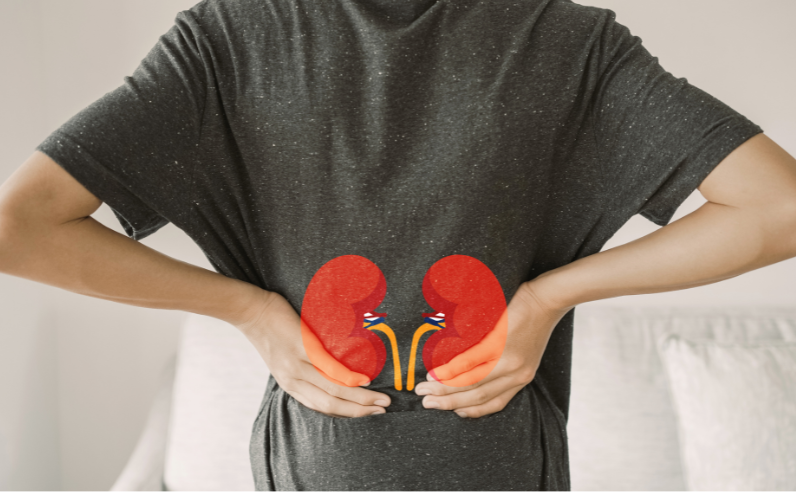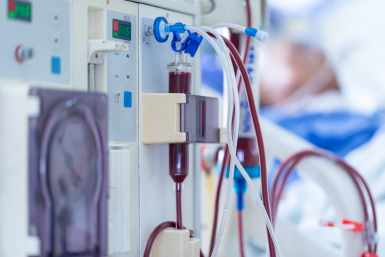In the management of kidney disease, medication plays a crucial role. Here are some commonly used medications that help patients maintain their health.
Blood Pressure Medication
Blood pressure is the force exerted by circulating blood on the walls of blood vessels, with normal readings typically between 100-140 mmHg systolic and 60-90 mmHg diastolic. Patients should measure their blood pressure daily; if readings are too low, they should avoid taking their medication and consult a doctor.
Calcium and Phosphate Binders
These medications are primarily used to correct hypocalcemia and bind dietary phosphorus. It is recommended to chew the tablets and take them with food to reduce phosphorus absorption.
Diuretics
Diuretics help eliminate excess fluid from the body. It is advisable to take them in the morning; if two doses are required, avoid taking the second dose close to bedtime to prevent sleep disruption.
Anticoagulants (Warfarin)
This medication reduces blood's ability to clot, preventing the formation of blood clots. Patients must follow their doctor’s instructions carefully to maintain appropriate coagulation levels. If unexplained bleeding occurs, they should seek medical attention promptly.
Cholesterol-Lowering Medications
Statins, for example, help decrease cholesterol production in the liver and enhance its removal from the bloodstream. When used appropriately, they can lower overall cholesterol levels and reduce the risk of heart disease or stroke.
Iron Supplements (Ferrous Sulfate)
Iron is essential for the production of hemoglobin. A deficiency can lead to fatigue and dizziness. Iron injections (such as Venofer) are more effective than oral supplements for treating anemia.
Erythropoiesis-Stimulating Agents (Eprex, Aranesp, Recormon)
These medications stimulate the bone marrow to produce red blood cells, beneficial for treating renal anemia. Patients can typically expect to see results about four weeks post-treatment.









